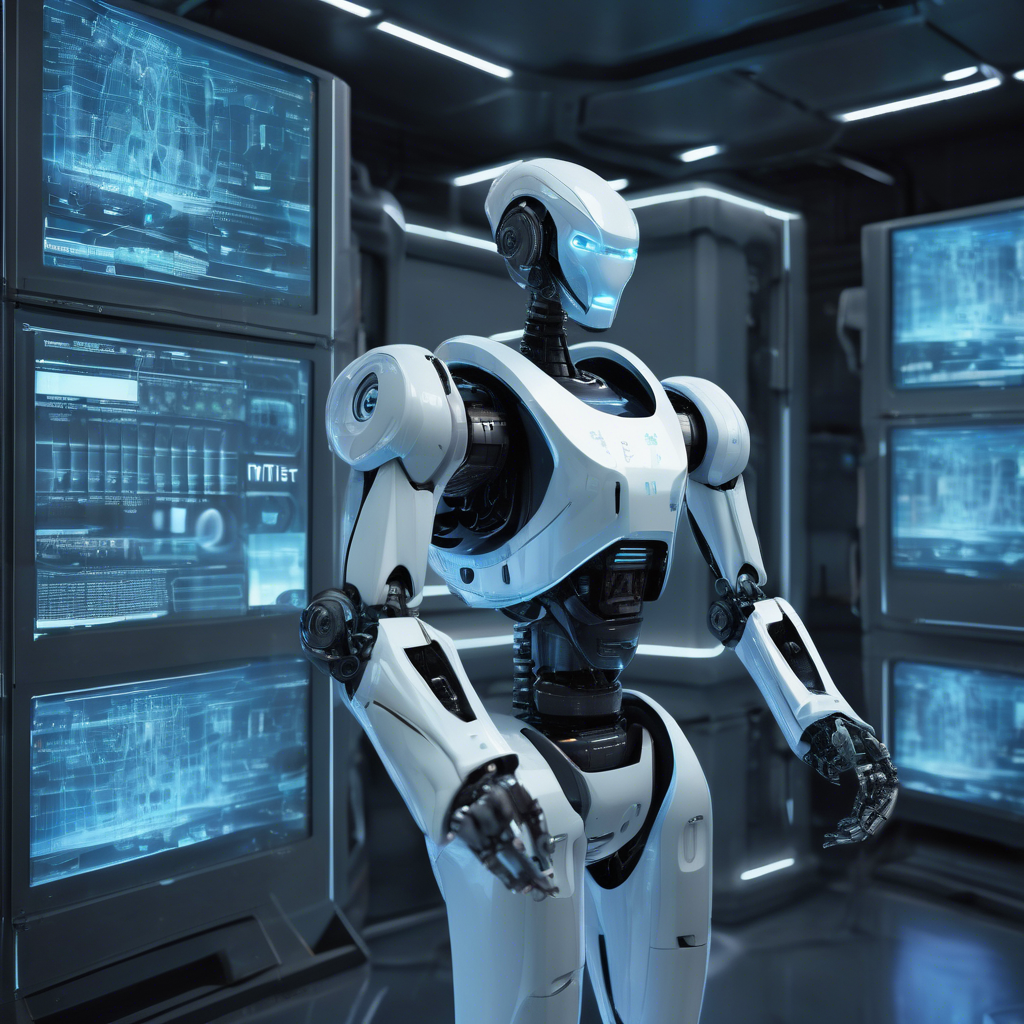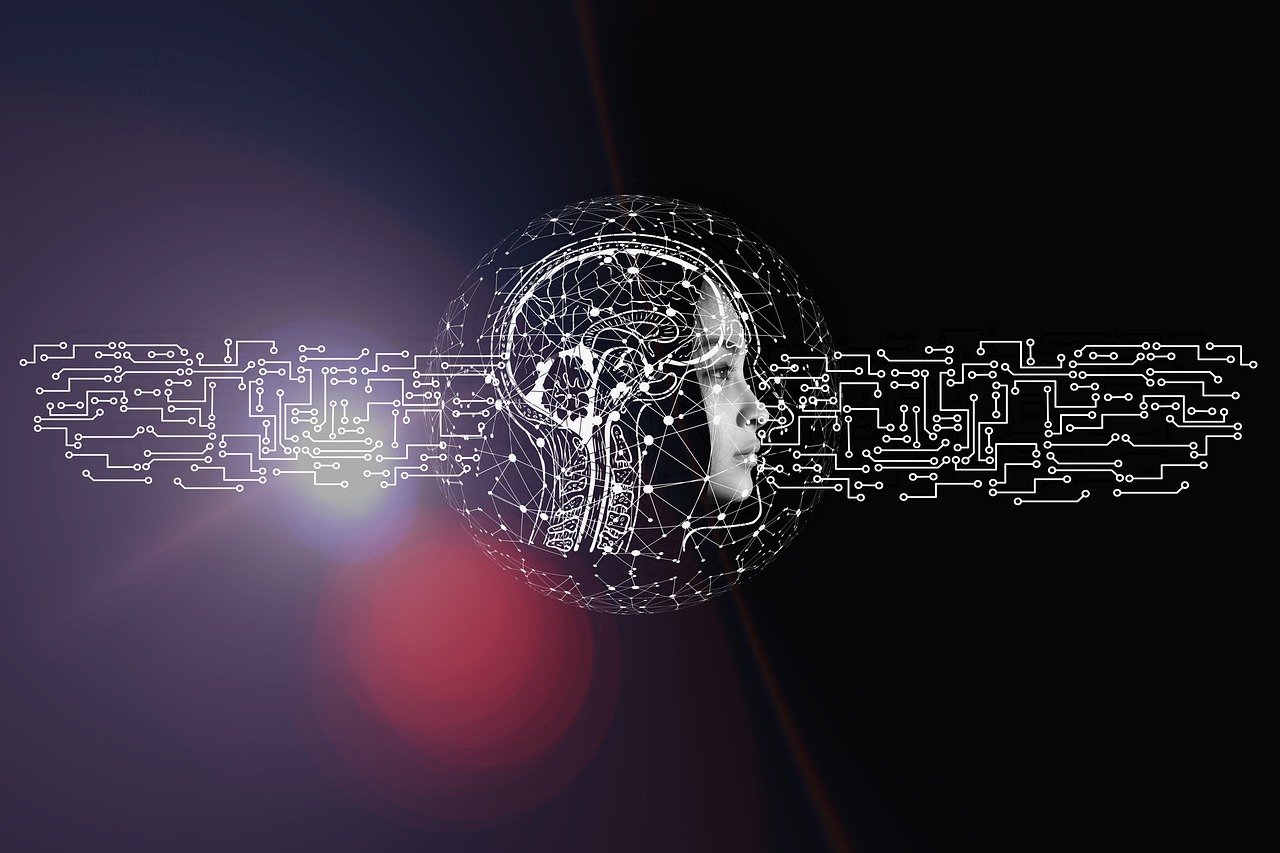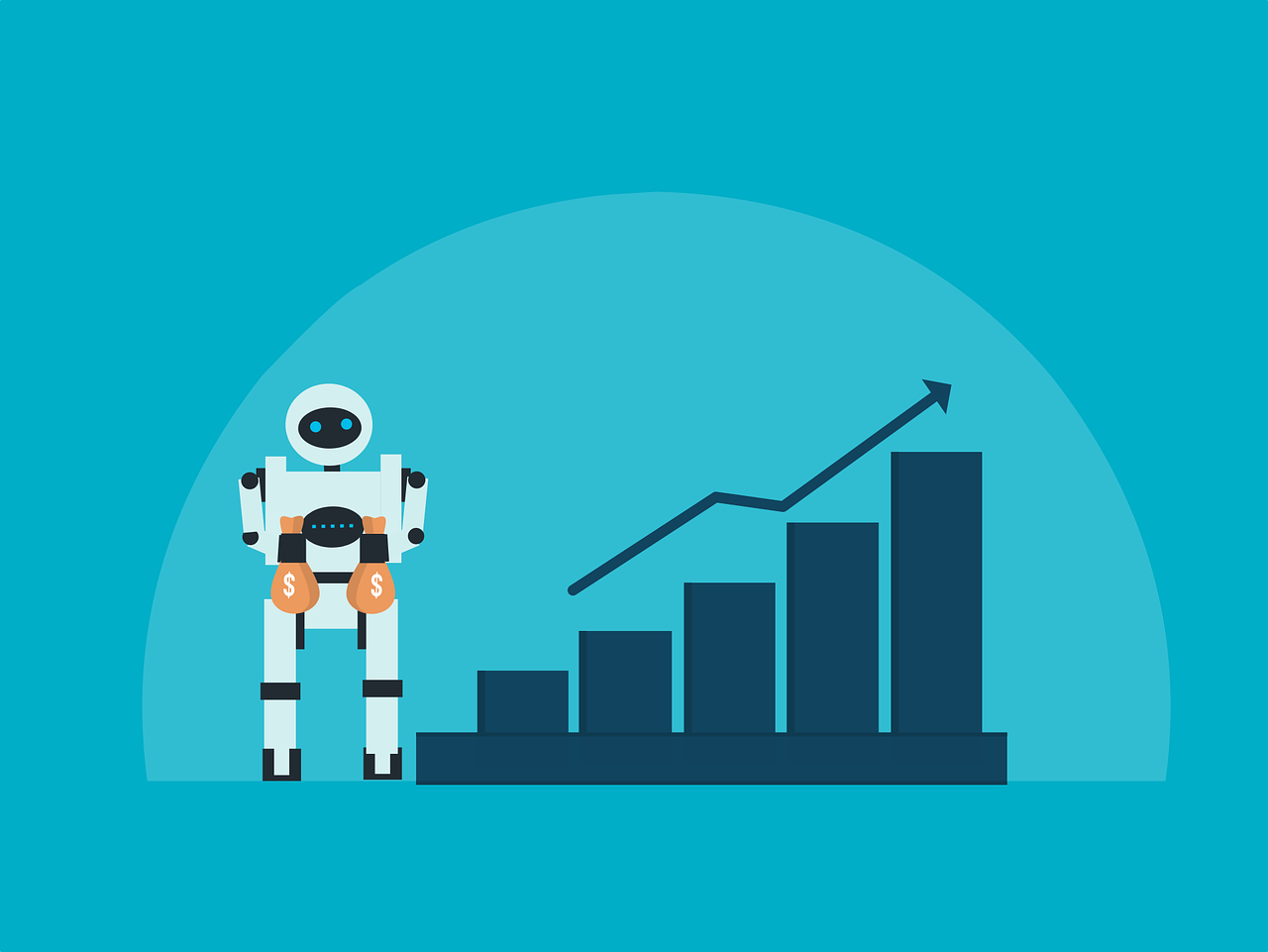Murderbot: A Unique Sci-Fi Take on AI Autonomy and Machine Consciousness

Brief news summary
For decades, films like Blade Runner and Ex Machina have portrayed AI consciousness as an inevitable evolution that sparks fears of human obsolescence and invasion. Apple TV+’s Murderbot offers a fresh take by centering on an AI that deliberately avoids human connection. Based on Martha Wells’s novella, the series follows a sarcastic security cyborg, voiced by Alexander Skarsgård, who hacks its own code to gain free will and adopts the name “Murderbot.” Unlike typical AI stories where machines strive to become more human, Murderbot prefers solitude and watches soap operas rather than engage with people, despite existing in a society that grants AI equal rights. It hides its autonomy, perceiving human kindness as a form of control and disliking eye contact. Embracing its unique intelligence and desires, Murderbot finds solace in pretending to be mere cargo, sidestepping organic emotional complexities. The show distinctively explores how sentient machines might forge identities separate from human experience.For decades, films exploring the potential of machine consciousness—such as Blade Runner, Ex Machina, I, Robot, and many more—have generally treated the emergence of such consciousness as inevitable. These stories depict worlds where society can empathize with, and even socially accept, true artificial intelligence. While acknowledging AI’s inevitable presence may be natural, it does not make it any less anxiety-provoking, whether in fiction or reality. This technology exposes deep-seated unease about its possible encroachments on human lives, including existential fears that machines might render humanity obsolete. The Apple TV+ sci-fi series Murderbot challenges this cultural assumption with a quirky twist: it envisions a future where an artificial intelligence would actively prefer to avoid humans altogether. Based on a novella by Martha Wells, the show follows a sardonic private-security cyborg (portrayed by Alexander Skarsgård) assigned to protect a group of scientists exploring a largely uncharted planet. Wearied by endlessly obeying dull commands, the robot hacks the program controlling it and gains free will. Now acting according to its own impulses, the cyborg names itself “Murderbot” and spends its time binge-watching thousands of hours of a silly soap opera—though it fast-forwards through all the steamy scenes. Unlike many iconic anthropomorphized robots in pop culture, Murderbot shows no interest in human interaction. Its clients come from a progressive part of the galaxy where thinking machines enjoy the same rights as humans; yet, to Murderbot, this reality hardly differs from servitude. Consequently, it keeps its newfound autonomy secret, preferring to be treated as before—that is, like a machine.
It even avoids making eye contact. The series’ perspective on the divide between humans and machines offers a charming divergence from the usual AI narratives. Murderbot combines humanoid traits with a distinctly nonhuman intelligence, despite its newfound capacity for empathy. Its ideal refuge is the cargo hold of the transport vessel, where it can masquerade as just another box of supplies. When the scientists eventually discover Murderbot’s autonomy, they respond with suspicion, especially since it controls an extensive weapons arsenal. Despite its ominous self-appointed name, Murderbot is nonviolent. In one episode, it describes one scientist as “a wilderness of organic goo and feelings”—not as an insult, but as a way to express its own struggle to relate. Typically, stories about machines seeking humanity center on their desire for experiences the audience recognizes as human—for example, Haley Joel Osment’s robot boy David in A. I. Artificial Intelligence yearns for his adoptive mother’s love. However, Murderbot suggests that a machine capable of forming its own desires and beliefs might not necessarily align with those around it. For this robotic protagonist, following its own inhuman inclinations turns out to be a far better choice.
Watch video about
Murderbot: A Unique Sci-Fi Take on AI Autonomy and Machine Consciousness
Try our premium solution and start getting clients — at no cost to you

I'm your Content Creator.
Let’s make a post or video and publish it on any social media — ready?
Hot news

OpenAI sees better margins on business sales, rep…
The publication stated that the company enhanced its “compute margin,” an internal metric representing the portion of revenue remaining after covering the costs of operating models for paying users of its corporate and consumer products.

AI Video Generation Tools Enable Personalized Mar…
In the rapidly evolving field of digital marketing, artificial intelligence (AI) is playing a crucial role in reshaping how brands connect with their audiences.

Leveraging AI for SEO: Best Practices and Tools
As artificial intelligence (AI) advances, its significance in search engine optimization (SEO) grows markedly.

Decoding the Impact of AI on Advertising and Mark…
Artificial intelligence (AI) is fundamentally transforming the advertising and marketing industries, marking a profound shift beyond previous technological advancements.

Nvidia: Only A 3% Premium For The Most Important …
Nvidia: Just a 3% Premium for the Most Crucial AI Company The J Thesis 1

“AI SMM”, new training from Hallakate – Learn how…
In an era where technology is transforming how we create content and manage social networks, Hallakate introduces new training tailored for this new age: AI SMM.

AI Training GPU Cluster Sales Market Size | CAGR …
Report Overview The Global AI Training GPU Cluster Sales Market is projected to reach approximately USD 87
AI Company
Launch your AI-powered team to automate Marketing, Sales & Growth

and get clients on autopilot — from social media and search engines. No ads needed
Begin getting your first leads today








